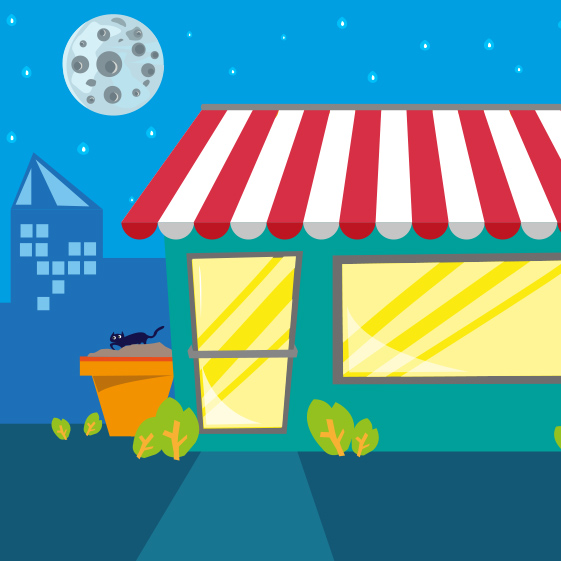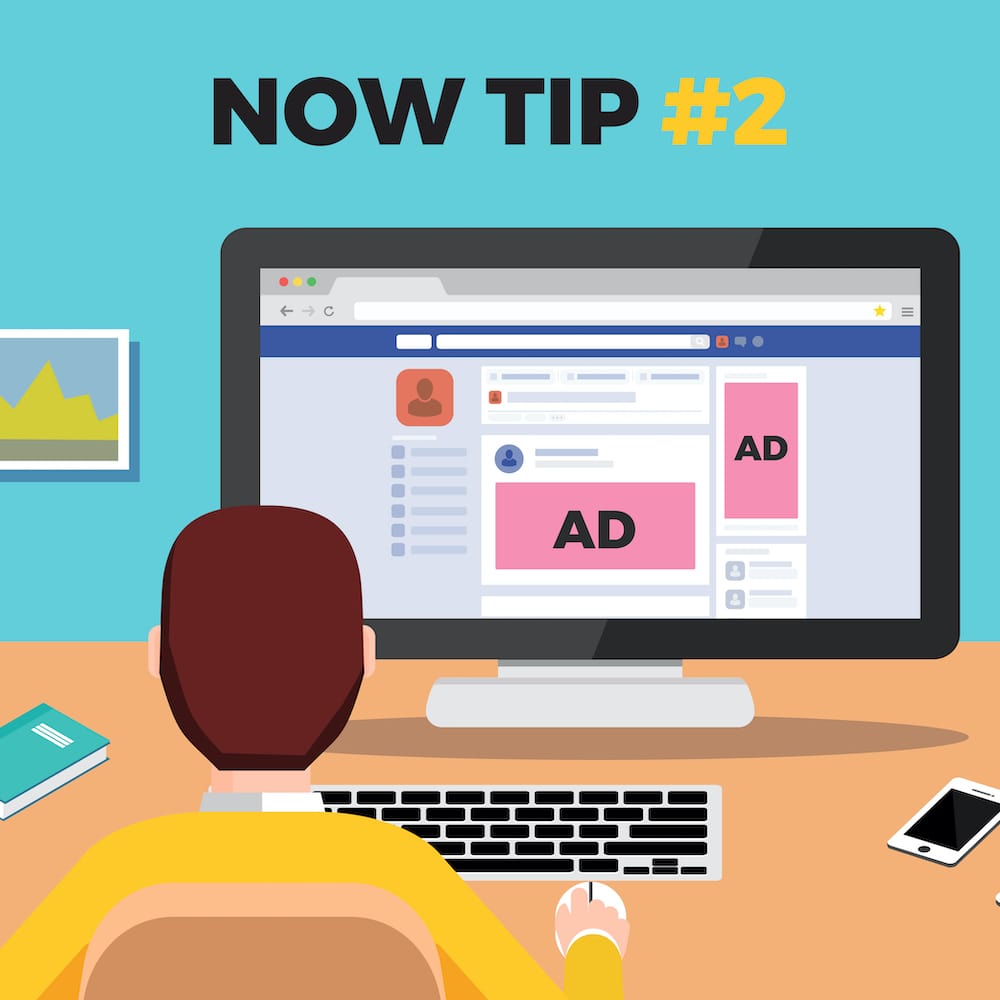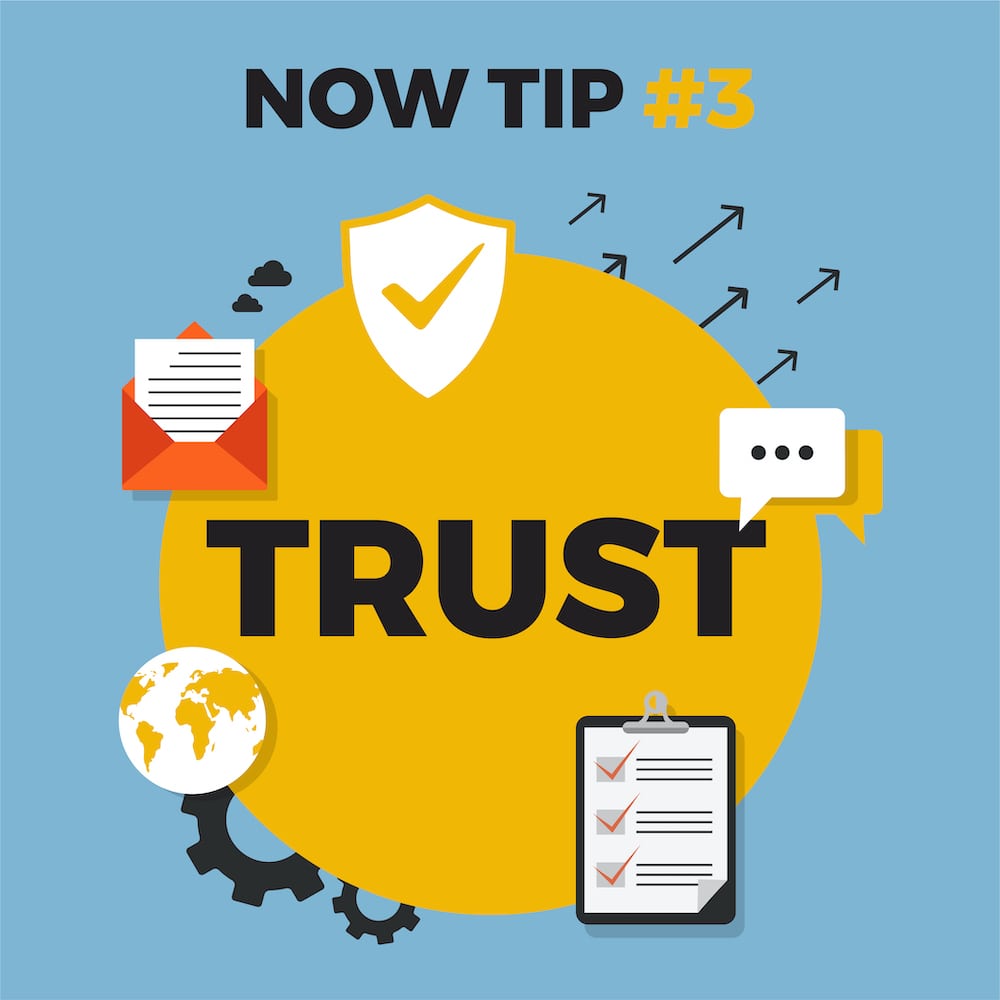Are convenience retailers the next shopper revolution?
With shopper habits evolving rapidly, the convenience format can take advantage by offering solutions that fit with changing lives.
Filling up at the service station and about to use my 4c-a-litre discount voucher, I spied an offer to spend $20 in-store and get a further 10c-a-litre discount.
Usually I would skip these obvious attempts at upselling and chuckle to myself about who would spend that much in a convenience store unless they were buying bags of ice, gas canisters or car products.
However, when walking to the counter, I saw two products that changed my mind: a 24-bottle case of water for $7 and a 20-roll pack of toilet paper for $10 – not your usual buy from a convenience store, granted, but it was a different day.
I’m the father of two little kids and, with a full-time working wife, my family’s weekends are filled with sports and birthday parties. As a result, my grocery shops have begun to happen later and later in the day with, typically, two to three shops a week.
Long gone are the big weekly shops where a heavily edited shopping list and a weekly overview are a necessity.
On weeknights, it’s a quick dash after work between 8 and 10pm, or during a very rare free spot on a weekend (usually Sunday, around 5pm, before the rush of dinner and getting the kids ready for the week).
For anyone else shopping the grocery store at these times, there are the obvious benefits of fewer crowds and trolleys to battle (along with more chance of finding a parking spot somewhat close to the lifts), but the biggest problem is the lack of products on the shelves. Most of the popular buys have been ransacked by the time I get there.
So, back at the service station – a sub-brand of one of our major grocers – I noted that the bottled water and toilet paper were the same price as at the grocery store. In addition, there were plenty of products on display and, even better, it was only a short walk to my car, so no heavy, out-of-control trolleys to deal with.
All I had to do to make a saving was buy my water and toilet paper, then spend another $3 to receive $10 off my petrol. As a shopper, the numbers and the situation added up. In my head, I scored a chocolate bar and my case of bottled water for free. Everyone’s a winner.
Running integrated marketing agency Now Comms, and with a specialist interest in all things shopper-related, I always observe what’s happening when I, and those around me, shop.
So what happened in the case of the petrol upsell? Yes, I spent more money than I’d intended, but I saw an opportunity to receive great value for it. I was able to buy products more easily than from my usual grocery store, and make that purchase outside of my normal shopping trip at a time that suited me. Ding! I just had a proper ‘convenient’ shopping experience.
In doing so, I had also become part of the growing statistic of shoppers moving away from traditional large-format grocery stores.
We’re now finding alternative and more relevant ways to match our shopping needs to our lifestyle. Convenience store sales have increased 10.3 per cent so far this year, with sales continuing to go from strength to strength during the past quarter, thanks to a focus on improving the products on offer to us, the mere customer (Australianfoodnews.com, April 2015).
Being able to get what we want, when it’s most convenient for us and not the retailer, is changing the way we shop.
Think about what Costco and online grocery shopping are doing to the purchase of large household or heavy shopping items. Buy in bulk and save money, or order online and have the goods delivered to your door, meaning no carrying troubles and a shopping solution that is convenient to you. Or a different version of this – click-and-collect – which allows you to bypass the mayhem of a busy store and just pick up your bags and head off.
Think about the rapid growth of ALDI in Australia – a shopping format with a smaller retail footprint per store than Coles and Woolworths, with fewer product offerings, but with a sharp price-point across all product categories.
As modern living leads to more apartment and higher density homes being built, large-format grocery is going to change. Battling the hordes at peak-hour shopping can be worse than Boxing Day sales in some metro stores. The two leading grocers understand this and we’ve seen the move towards new, smaller-format Coles and Woolworths convenience-style stores – with or without fuel, but both with smaller product ranges and extended opening hours – opening up across Australia in higher-density areas.
The lesson for the convenience channel is not just to offer a small range of essential items to attract spend, but to recognise that shopper habits are evolving rapidly. Shoppers are now looking for solutions that fit with changing lives.
What marketeers need to think about now is how convenience stores can be more useful and relevant to a major international brand. How can convenience stores and brand owners make use of the connected shopper? How can convenience stores adapt their model to meet the omnichannel needs of shoppers? With eBay now offering it’s own click-and-collect service, will we see the likes of Amazon buying a convenience store chain soon?
The game has definitely changed. For now, you can find me shopping at whichever convenience store I happen to pass on my way home.
Kingston Lee-Young is Managing Director of the Sydney-based integrated marketing agency, Now Comms, and has more than 17 years’ experience in Marketing and Communications across FMCG, Pharmaceuticals, Alcohol, Retail, Professional Services and IT, working in ANZ and APAC. Lee-Young is also the founder of the ‘Thought to Bought’ model for shopper marketing.
Categories
- Content (5)
- Customer Service (2)
- Design (4)
- Development (8)
- Digital Marketing (17)
- Ecommerce (23)
- Martech (16)
- Shopify (2)
- Strategy (22)
- Websites (15)




